Cooking oils are as essential to Indian kitchens as spices. From tadkas to deep-frying, oil shapes how our food looks, feels, and tastes. But not all oils are as healthy as they seem.
Some common cooking oils can release harmful compounds when overheated or reused — substances that may increase the risk of inflammation, heart disease, and even cancer.
Here’s a practical look at 9 cooking oils that experts suggest limiting or avoiding in your daily cooking:
1. Canola Oil

While it’s neutral and light, canola oil is heavily refined and often genetically modified. It’s also high in omega-6 fats, which, if not balanced with omega-3s, can promote inflammation over time.
2. Soybean Oil
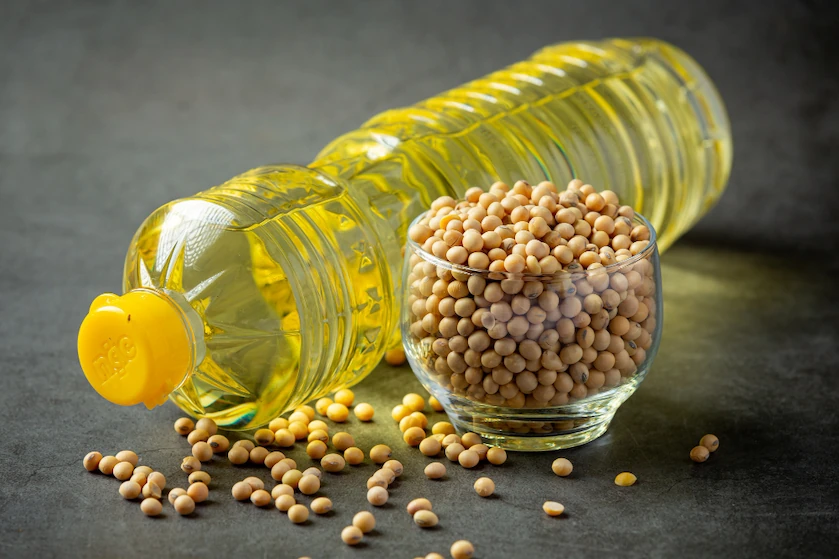
Used in many packaged foods, soybean oil is affordable but unstable at high heat. Most versions are chemically extracted using hexane, which may leave behind residues and affect the oil’s nutrient profile.
3. Corn Oil
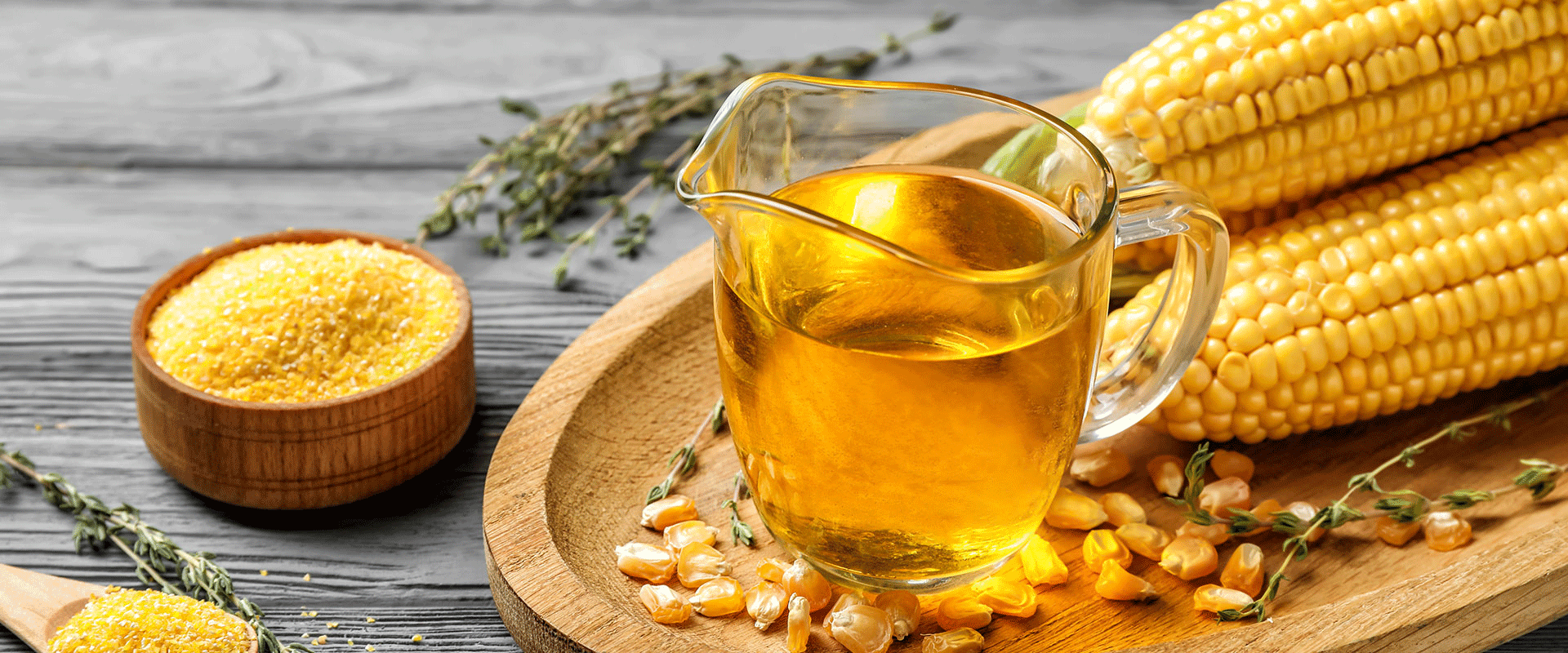
This oil is commonly used in frying but tends to oxidize quickly. It’s also high in omega-6s, which in excess can lead to long-term health issues like obesity and heart problems.
4. Cottonseed Oil
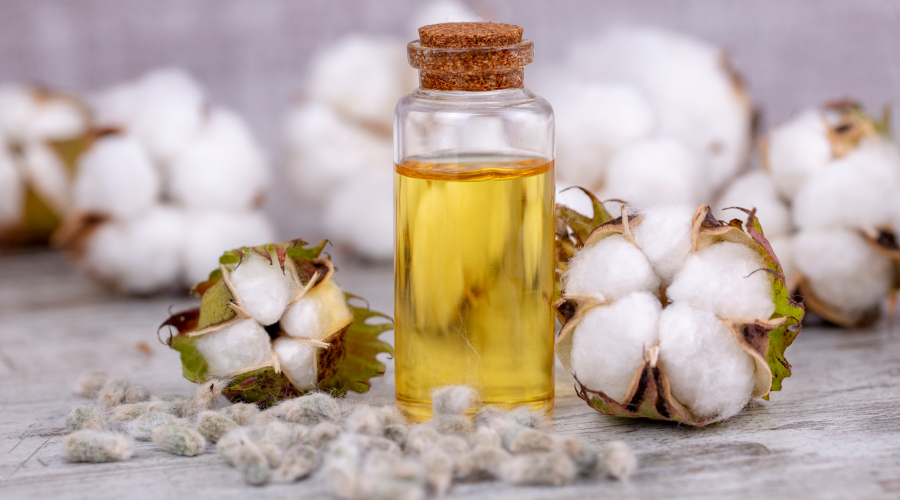
Derived from a plant not typically grown for food, cottonseed oil may contain natural toxins and pesticide traces. It’s best avoided for everyday cooking.
5. Refined Sunflower Oil
 Popular in Indian kitchens, regular sunflower oil becomes unstable at high temperatures. Heating it repeatedly may lead to the formation of free radicals and toxic byproducts.
Popular in Indian kitchens, regular sunflower oil becomes unstable at high temperatures. Heating it repeatedly may lead to the formation of free radicals and toxic byproducts.
6. Safflower Oil
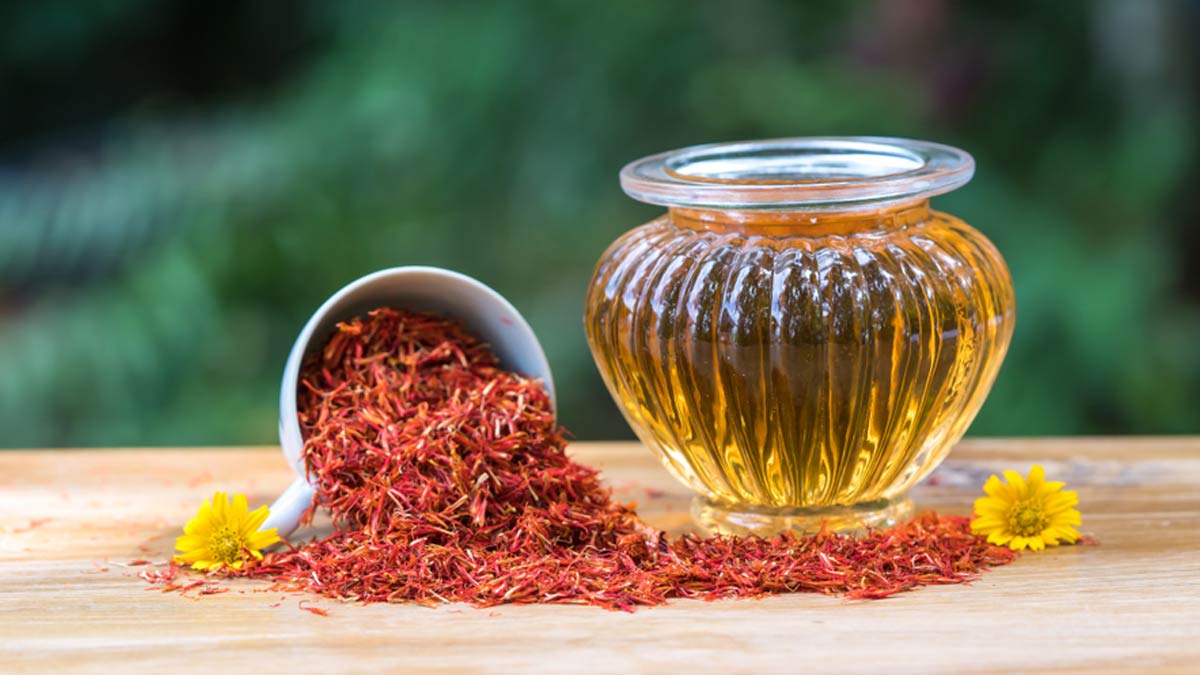
Light and flavorless, but not heat-friendly. It’s rich in polyunsaturated fats that break down when heated, producing compounds linked to inflammation.
7. Vegetable Oil
Despite the name, it’s usually a mix of canola, corn, soybean, and cottonseed oils — all heavily processed. This oil is common in homes, but when heated repeatedly, it may lose its nutritional value and develop harmful compounds.
8. Refined Grapeseed Oil
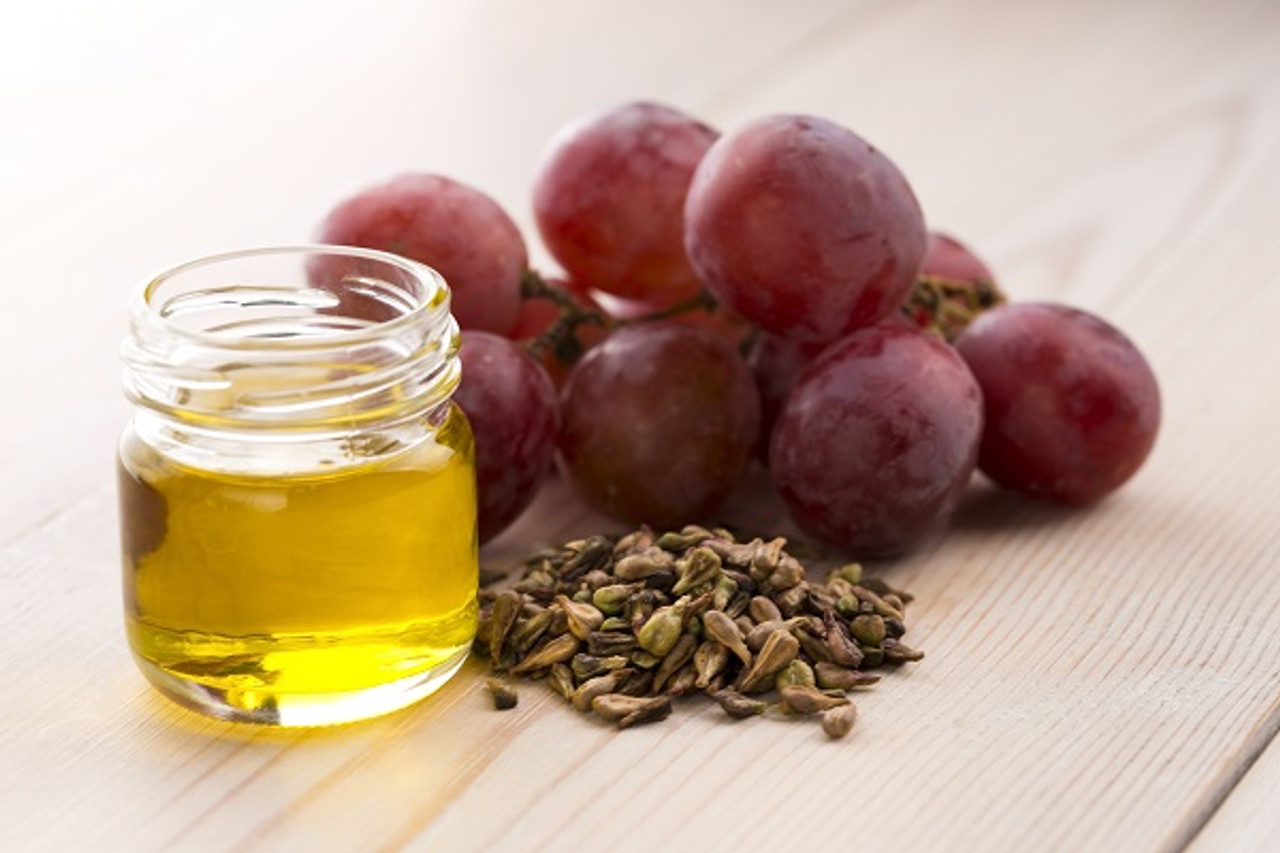
Often marketed as healthy, refined grapeseed oil is high in omega-6s and not ideal for Indian cooking methods like tadka or frying. It’s better suited for salad dressings or cold dishes.
💡 A Better Swap?
For daily cooking, go for cold-pressed oils like:
-
Mustard oil for pungent flavors
-
Coconut oil for sautéing
-
Groundnut oil for deep-frying
-
Or good old ghee for tadka and aroma
These oils are more stable at high heat and align better with Indian cooking habits.








